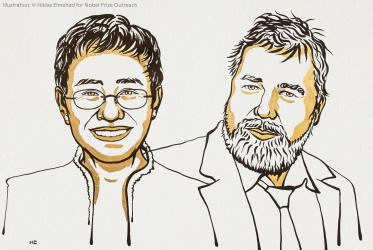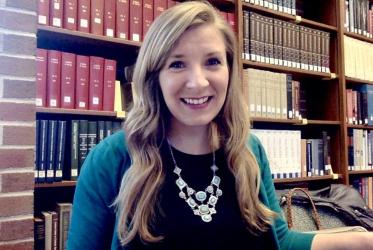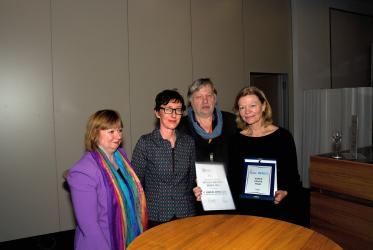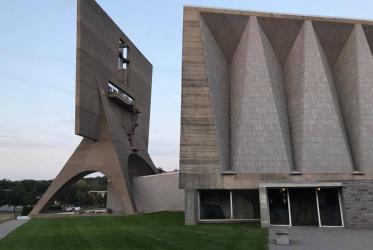Displaying 1 - 20 of 30
01 February 2022
WCC congratulates 2021 Nobel Peace Prize laureates
14 October 2021
WCC condemns attack at Hanukkah celebration in New York City
29 December 2019
Dealing with traumas and healing of wounds
04 June 2019
Broken glass of hope grown out of rubble
16 July 2018
Faces of Hope raises awareness
07 March 2018
Peacemaking “a great and compelling life task”
09 December 2017
Tveit: search for unity “an urgent need today”
09 September 2017
"We have our work cut out for us"
10 August 2017
WCC students study what makes a peace communicator
18 July 2017















